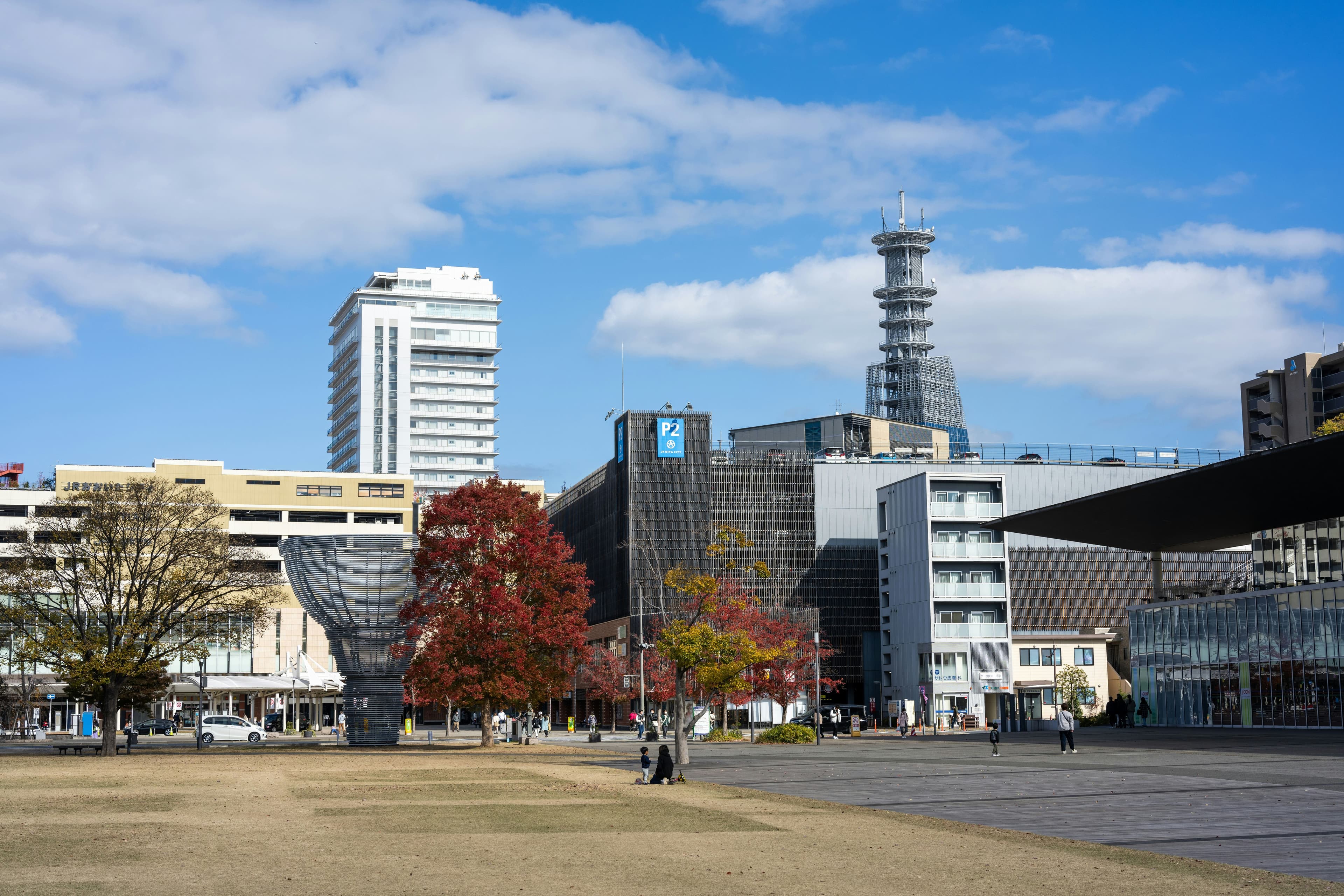
International students from Bangladesh, with a practical lens on academic strength, English-taught options, costs, and campus life in Japan’s most global city. Tokyo consistently ranks among the world’s best student cities for safety, transport, culture, and post-study opportunities, which makes it a compelling choice for South Asian students seeking a balanced mix of prestige and practicality.
The University of Tokyo (UTokyo) stands as the flagship institution in the capital, highly ranked globally and nationally, and offers multiple English-taught degree paths, research-driven graduate schools, and a well-documented pathway for international admissions and support services via its official prospectus and admissions pages. For STEM-minded students, the newly rebranded Institute of Science Tokyo (formerly Tokyo Institute of Technology) provides elite science and engineering training with internationalized curricula, aligning well with those targeting research careers or industry roles in Japan’s tech economy. Waseda University is Tokyo’s premier private university for internationalization, known for large cohorts of foreign students, English-medium programs across social sciences, commerce, and engineering, and clear international admissions channels that publish fees, timelines, and entrance formats, helpful when mapping finances from Bangladesh.
Sophia University is a top Catholic private in central Tokyo with strong English-taught offerings, particularly in international relations, global studies, and linguistics, and is popular among students who value small seminar-style teaching in the heart of the city’s business and diplomatic districts. Keio University, another elite private, complements Waseda as a hub for business, policy, and technology; while its main campus network spans Tokyo and nearby Kanagawa, its Tokyo presence and global partnerships make it a strong platform for internships and placements in multinational firms. Meiji University, located near central Tokyo hubs, offers a balanced portfolio across humanities, social sciences, and business, and is widely recognized among Tokyo’s private league for active international engagement and student-friendly support systems.
Tokyo University of Science, a respected private STEM institution, is a pragmatic choice for applied science and analytics, often appealing to students aiming for industry roles in pharmaceuticals, data, or manufacturing; its strong lab culture and ties to Tokyo’s corporate ecosystem can be advantageous for career outcomes. Rikkyo University (St. Paul’s) combines liberal arts strengths with growing English-track programs and a supportive campus environment, making it attractive for students transitioning from Bangla-medium or English-medium secondary curricula who prefer structured academic advising. Aoyama Gakuin University, positioned near Shibuya and Aoyama, blends brand recognition with accessibility, offering programs that intersect business, international communication, and creative industries—useful for careers in media, marketing, and tech-adjacent roles. Rounding out the list, Tokyo Metropolitan University, the leading public university of the Tokyo Metropolitan Government, offers comparatively affordable tuition with reputable programs and direct ties to Tokyo’s civic and urban innovation agenda, a practical pathway for cost-conscious international students.
When benchmarking, multiple national rankings and student-city indices reaffirm Tokyo’s dominance: UTokyo and Institute of Science Tokyo are consistently top performers within the metropolis, and Tokyo itself holds a top position in the QS Best Student Cities list for 2025 due to employer activity, livability, and student mix, key advantages for graduates targeting roles in Japan or across Asia. For applicants from Bangladesh, Waseda’s admissions pages and JPSS profiles offer concrete guidance on timelines, exam formats (EJU/JLPT/IELTS/TOEFL), and fees, vital for planning application cycles, scholarship targeting, and visa sequencing; similar clarity is available on UTokyo’s official international prospectus and admissions portals. In short, the best strategy is to shortlist 3–4 universities that balance prestige with fit, UTokyo and Institute of Science Tokyo for research excellence, Waseda and Sophia for internationalization and English tracks, and one cost-sensitive option like Tokyo Metropolitan University, then work backward from program deadlines, required tests, and scholarship windows for the 2026 intake.
Top 10 in Tokyo for international students (quick view):
- The University of Tokyo (UTokyo): world-leading research, English-taught options, strong graduate schools, extensive international support.
- Institute of Science Tokyo (ex–Tokyo Institute of Technology): elite STEM focus, research pathways, strong industry links.
- Waseda University: most international among privates, robust English tracks, transparent admissions info and fees.
- Sophia University: central Tokyo location, strong English-medium social sciences and global studies.
- Keio University: top private with strong business, policy, and tech programs, powerful alumni network.
- Meiji University: recognized private with balanced offerings and growing international support.
- Tokyo University of Science: applied STEM strength, industry alignment in Tokyo.
- Rikkyo University: liberal arts focus with English programs and supportive environment.
- Aoyama Gakuin University: business and communications strengths near Tokyo’s creative districts.
- Tokyo Metropolitan University: leading public in Tokyo with relatively lower tuition and civic links.
For timelines, fees, and eligibility, begin with UTokyo and Waseda’s official pages, then map EJU/JLPT or English test requirements by program, noting that some faculties accept IELTS/TOEFL and others require JLPT/EJU, this varies and should guide test preparation plans from Dhaka 8–12 months in advance. As a final tip, cross-reference national rankings (THE Japan University Rankings 2025) and student-city indicators to align choices with scholarship competitiveness and employability outcomes in Tokyo’s job market.
Ready to Start Your Journey?
Get personalized guidance for your path to studying in Japan